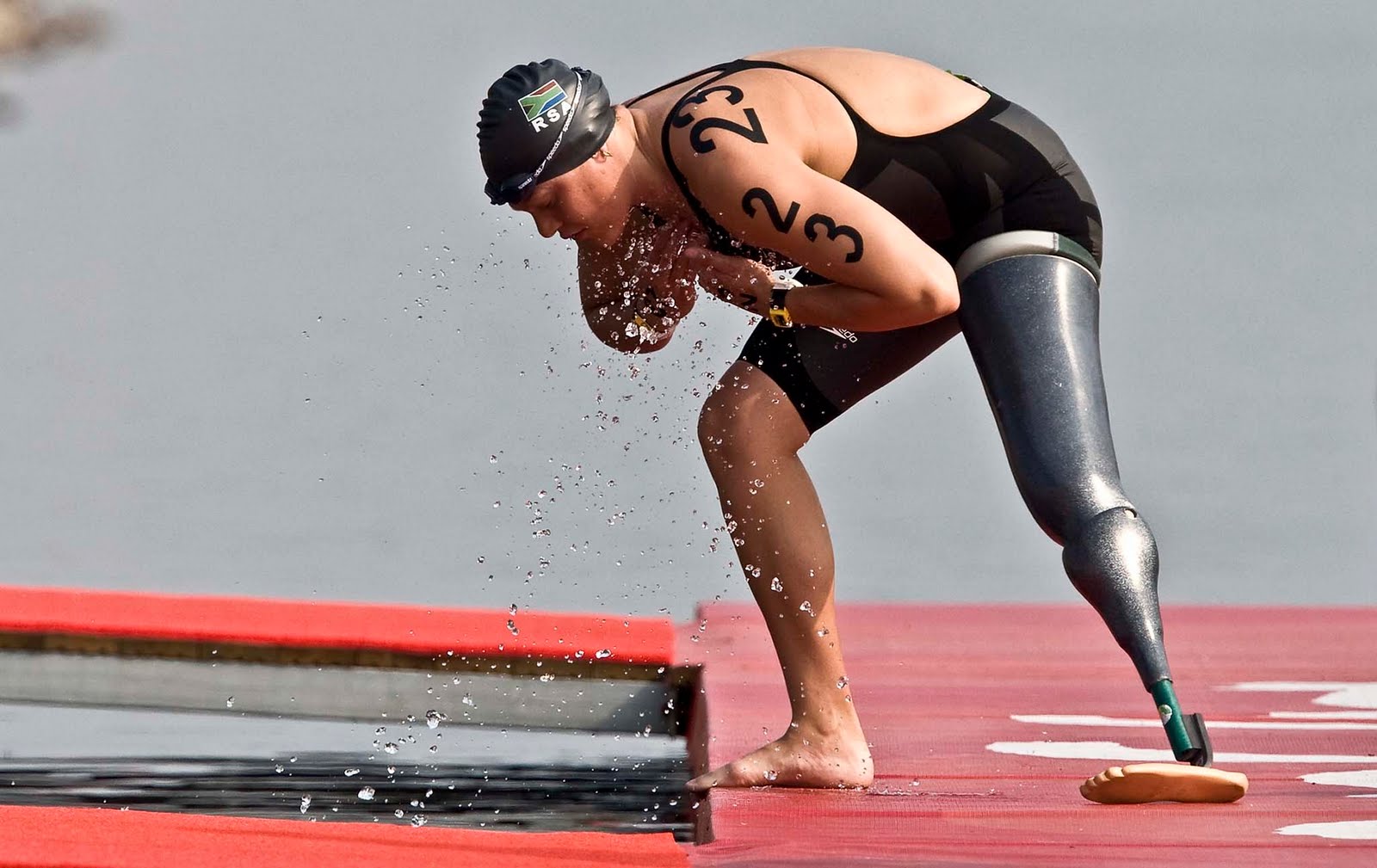The Value of Positive Role Models on One’s Behaviour

On this page, we assess the value of positive role models on one’s behavior from Life Orientation subject perspective.
Positive role models are crucial in shaping the behavior and life orientation of students. This is particularly relevant in South Africa, where young people often face a range of challenges, from socio-economic disparities to limited access to quality education. Role models can provide much-needed guidance and inspiration, demonstrating that success and positive change are achievable despite obstacles.
Research has shown that having a positive role model can significantly impact a young person’s development. This is because role models provide a tangible example of what can be achieved through dedication and perseverance.
What is the value of positive role models on one’s behavior?

As an additional lesson for the Life Orientation subject, the value of positive role models can be a powerful topic to explore. Here’s how positive role models can influence students:
- Inspiration and Motivation: Positive role models serve as a source of inspiration, showing students what’s possible with hard work and dedication. Their success stories motivate students to set and pursue their own goals.
- Guidance and Mentorship: Role models offer valuable guidance and mentorship. They share experiences and advice that help students navigate challenges, making it easier for them to make informed decisions in their own lives.
- Shaping Values and Beliefs: Observing positive role models can help students develop their own values and beliefs. Qualities like integrity, kindness, and resilience, often exemplified by role models, can influence students to adopt similar principles.
- Building Confidence and Self-Esteem: Seeing a role model succeed, especially someone they can relate to, boosts students’ confidence in their own abilities. It reinforces the belief that they too can achieve great things.
- Encouraging Positive Behavior: Positive role models encourage good habits and behaviors, such as staying active, continuous learning, and being involved in the community. Their influence helps students make positive choices and steer clear of negative influences.
- Providing a Sense of Direction: In times of uncertainty, role models provide students with a sense of direction and purpose. Their experiences offer clarity and inspiration, helping students set and work towards meaningful goals.
Let’s elaborate below:
Inspiration and Motivation: Sparking Ambition in Students
Positive role models inspire students by showcasing what’s possible. For example, South African Paralympian Natalie du Toit, who overcame the loss of her leg to become one of the world’s top swimmers, serves as a powerful example of resilience and determination. Her story is not just about physical achievement; it’s about overcoming adversity and striving for excellence despite significant challenges. When students see someone like du Toit succeed, it sparks a belief in their own potential.
This inspiration translates into motivation. Students are encouraged to set goals and work towards them, knowing that others have faced similar or even greater challenges. The emotional connection to a role model’s story—seeing them rise from a background similar to their own—can be incredibly motivating. It tells students that “if they can do it, so can I!” This inspiration is a critical element in helping students to set and pursue their own aspirations.
Guidance and Mentorship: Navigating Life’s Challenges
Role models offer more than just inspiration; they provide practical guidance and mentorship. This guidance is invaluable in a country like South Africa, where young people often face complex social issues. For instance, John Kani, a South African actor and playwright, has been a mentor to many young artists, providing not just career advice but also moral guidance on navigating the industry. His mentorship helps young people make informed decisions and avoid common pitfalls.

Mentorship can take many forms, from direct interaction to learning through observation. It helps students understand the steps needed to achieve their goals, whether in academics, sports, or arts. Moreover, mentors can provide emotional support, helping students to deal with setbacks and stay on course. This aspect of having a role model is crucial in building resilience and perseverance, qualities that are essential for success in any field.
Shaping Values and Beliefs: Building a Strong Moral Foundation
Positive role models play a crucial role in shaping the values and beliefs of young people. In South Africa, where communities often grapple with issues like violence and corruption, having role models who exemplify integrity and ethical behavior is vital. For instance, Nelson Mandela’s legacy as a leader who championed reconciliation and justice continues to inspire new generations. His life teaches the values of forgiveness, perseverance, and moral courage.
When students look up to such figures, they are more likely to adopt similar values. This shaping of beliefs is not just about what students do; it’s about who they become. By internalizing the positive traits of their role models, students develop a strong moral foundation that guides their actions and decisions. This is particularly important in a diverse and evolving society, where young people need to navigate complex ethical landscapes.
Building Confidence and Self-Esteem: Empowering the Next Generation

Seeing role models succeed can significantly boost a student’s confidence and self-esteem. This is particularly true when the role model shares a similar background or experiences. For instance, seeing a successful entrepreneur from a disadvantaged community can inspire students to believe that they too can overcome their circumstances. The story of Siyabulela Xuza, a South African scientist and innovator, who rose from humble beginnings to achieve international recognition, is a testament to the power of perseverance and self-belief.
This boost in confidence is not just about feeling good; it has practical implications. Confident students are more likely to take on challenges, whether it’s applying for a scholarship, auditioning for a play, or starting a new project. They are less likely to be discouraged by setbacks and more willing to take risks. This empowerment is a key factor in helping students realize their potential and pursue their dreams with determination.
Encouraging Positive Behavior: Promoting Healthy and Constructive Choices
Positive role models encourage students to engage in healthy and constructive behaviors. This is particularly important in a country where issues like substance abuse and teenage pregnancy are prevalent. Role models who exemplify healthy lifestyles and responsible decision-making can have a profound influence. For example, South African sports stars like Siya Kolisi, the first black captain of the South African national rugby team, promote not just physical fitness but also a sense of discipline and responsibility.

When students see the benefits of positive behaviors—whether it’s the physical fitness of an athlete or the academic success of a scholar—they are more likely to adopt these behaviors themselves. This is not just about avoiding negative influences; it’s about actively choosing a path that leads to personal growth and success. The impact of positive role models can thus extend to improving overall community well-being by promoting healthier and more constructive lifestyle choices.
Providing a Sense of Direction: Guiding Students Towards a Bright Future
In times of uncertainty, role models provide students with a sense of direction and purpose. This guidance is particularly crucial in a rapidly changing world, where traditional career paths and life choices are constantly evolving. Role models offer a vision of what’s possible, helping students to see beyond immediate challenges and think about their long-term goals. This is evident in the work of Thuli Madonsela, a former Public Protector in South Africa, whose career has been a beacon of integrity and justice. Her example shows that it’s possible to make a positive impact through public service, inspiring many young people to pursue careers in law and governance.
This sense of direction is not just about career guidance; it’s about helping students understand their own values and what they want to achieve in life. Role models help students to see the bigger picture, encouraging them to set goals that align with their personal values and aspirations. This forward-looking perspective is crucial in helping students to navigate the complexities of life with confidence and clarity.
In conclusion, positive role models are an invaluable part of the educational experience, particularly in the Life Orientation subject. They provide inspiration, guidance, and a moral compass, helping students to develop into well-rounded individuals. By showcasing real-world examples of success and integrity, role models empower students to set and achieve their goals, build strong values, and make positive life choices. In a South African context, where young people face unique challenges, the influence of positive role models cannot be overstated. They are not just a source of guidance and inspiration; they are a testament to the potential that lies within every student. As educators and mentors, it is our responsibility to highlight these role models and help students connect with them, fostering a future generation that is confident, capable, and committed to positive change.
